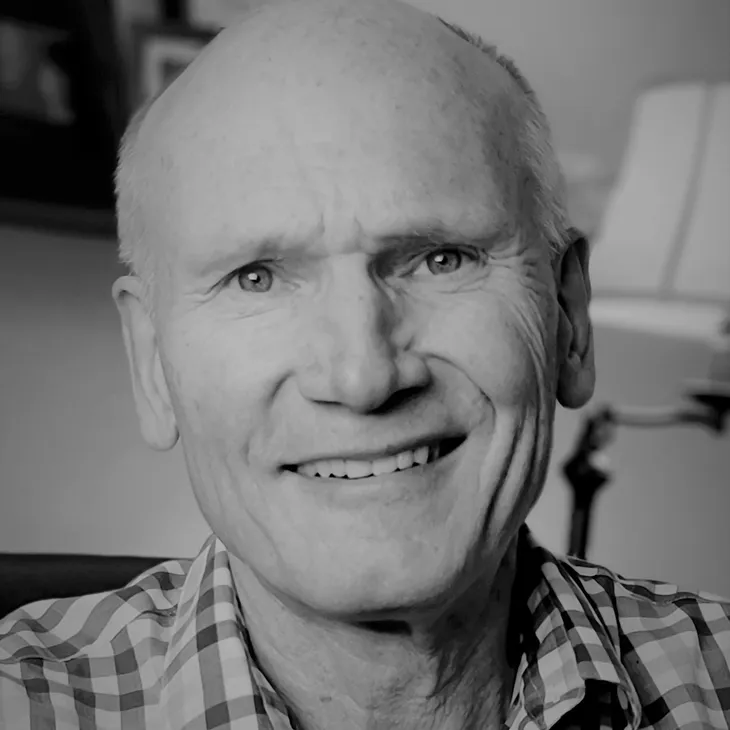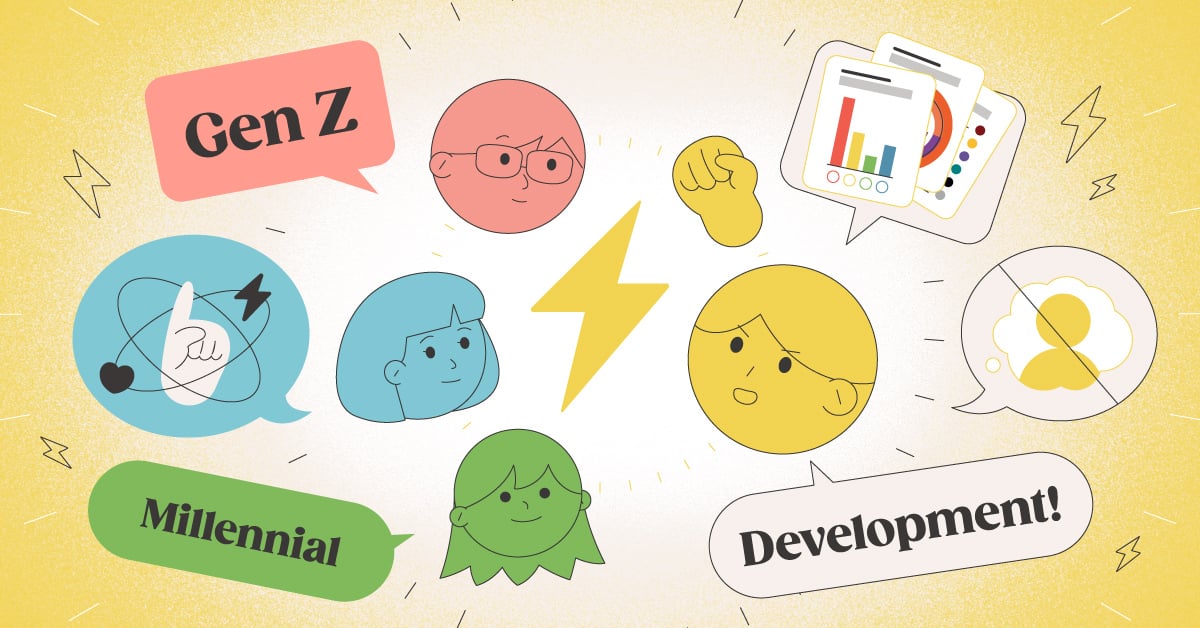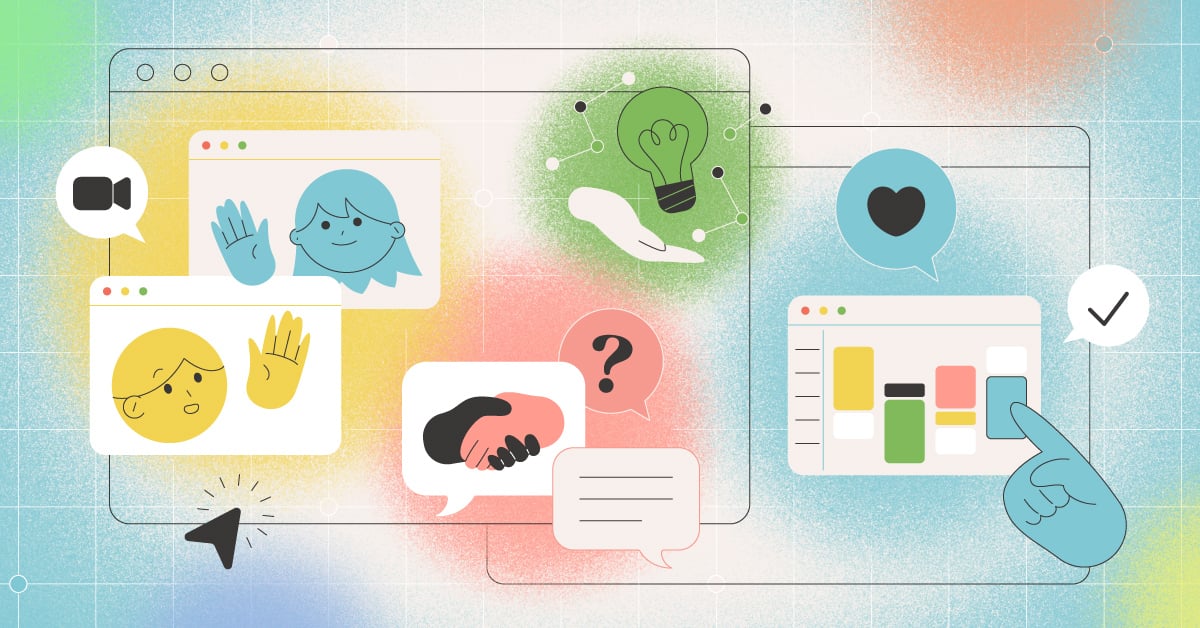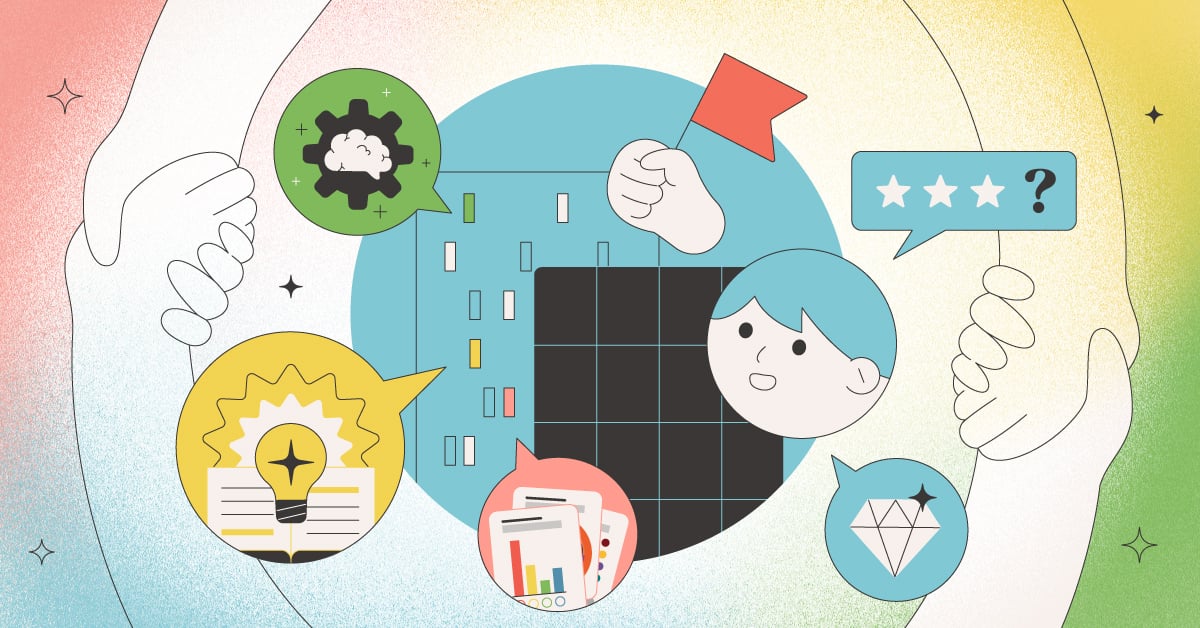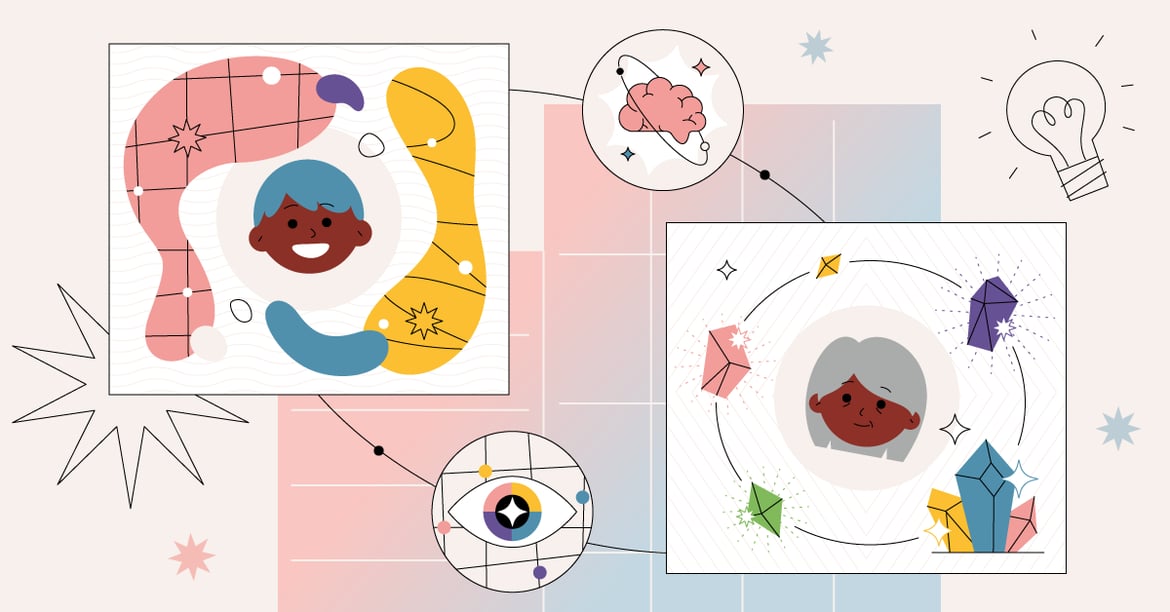
Many workplaces are focusing on diversity to improve organizational culture, but one area they might overlook is the issue of ageism. It’s a surprisingly prevalent issue but one that can be fixed.
What is Ageism?
Ageism is “prejudice or discrimination against people based on their age. It typically applies to people who are older but can also affect young people”, according to Medical News Today.
Not too long ago, I was in a meeting where one of the attendees analyzed the age breakdown of those present and texted it to his younger peers who were there. He was concerned that the older people would have "more say" than the younger people. The assumption was that the older people didn't have the interests of their younger peers at heart— the attendee assumed the older people didn't understand what was needed for the project to succeed
A common bias against older people is the assumption that the older you get, the more out of touch you become. People assume you resist change, lack creativity, and become grumpier and less likely to collaborate with others.
The other side of this bias affects younger people; it assumes they are disrespectful, entitled, unsatisfied, and lacking in wisdom.
Sadly, these stereotypes can hold some truth, but using them to make judgments and decisions about others is an ageist mistake.
So what can you do to avoid making that mistake?
Use Different Types of Intelligence to Battle Ageism
One of the reasons for ageist tendencies has to do with how intelligence changes over the years. Raymond B. Cattell argued that there are two categories of general intelligence: fluid intelligence and crystallized intelligence.
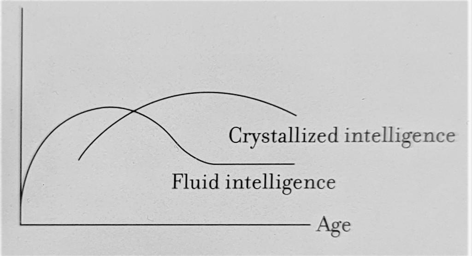
Diagram from "From Strength to Strength" by Arthur Brooks
Fluid intelligence refers to the ability to think abstractly, use reasoning, and problem-solve. This intelligence is fluid because it is changing and willing to take risks; it peaks in early adulthood and declines gradually as individuals age.
Crystallized intelligence, on the other hand, refers to the accumulation of knowledge and skills over time. This type of intelligence tends to increase throughout an individual's life and can offset the decline in fluid intelligence. Without both in our lives, we are missing out!
Why Do Younger Adults Need The”Crystalized Intelligence” Of Older Adults?
- Older people have earned credibility. They have more life experience when it comes to business, family, and other areas of everyday life.
- Older people have knowledge that has been tested. They have likely tried many methods of working through issues in their lives. They can draw insight from those experiences and help others to see the world more maturely.
- Older people have experienced and overcome failure. As Eleanor Roosevelt said, "Learn from the mistakes of others. You can't live long enough to make them all yourself." Consider the pitfalls we could avoid if we'd only take time to listen to our elders!
Why Do Older Adults Need The "Fluid Intelligence" Of Younger Adults?
- Younger people have a different perspective on the world. They have grown up in different times with new experiences and points of view. These differences can be a valuable asset when it comes to problem-solving and decision-making.
- Younger people are more up-to-date on the latest trends and technologies. They are more likely to be tuned in with culture and new approaches. Their insight can help older people stay ahead of the curve.
- Younger people are more energetic and enthusiastic. They can bring a fresh perspective and new ideas to the table. Older people do slow down and desperately need the motivation that comes from youth.
- Younger people are more likely to be open to change. They are unafraid to try new things and can help older people embrace change. Older people need to let go of the ways things were and embrace the new if they want to be successful.
Now that we understand why younger and older people need one another, how can we fight against ageism?
- Challenge your own biases. Ageism is often unconscious, so it's important to be aware of your biases. Ask yourself if you make assumptions about people based on their age. For example, do you think that older people are less capable of learning new things? Do you assume younger people are not responsible or capable? Once you're aware of your biases, you can challenge them.
- Be an ally. When you hear someone making ageist statements, speak up and challenge them. This could also mean supporting a person who is being denied a job or an opportunity because they were “too young” or “too old.”
- Educate others. Talk to your friends, family, and colleagues about ageism. Share information about the negative effects of ageism and how it can be overcome.
- Be intentionally intergenerational. Spending time with people outside of your age group is incredibly beneficial. Make them part of your team and learn from the experiences of others. Collaborate, don't exasperate. This will help you to see people of different ages as individuals, not just as stereotypes.
- Support age-friendly policies. Many policies can help to make the world more age-friendly. Make sure there are safeguards in your workplace. Start a discussion with your Human Resources department and find out how you can advocate for improved policies in your organization. Contact elected officials and let them know that you care about this issue.
We need each other. “When you are young, you have raw smarts,” says Arthur Brooks, “When you are old, you have wisdom. When you are young, you can generate lots of facts; when you are old, you know what they mean and how to use them.”
Ageism is a serious problem. It is a form of discrimination that leaves everyone wanting. Only as we include all ages can we experience the growth and insight needed in our lives and organizations.

